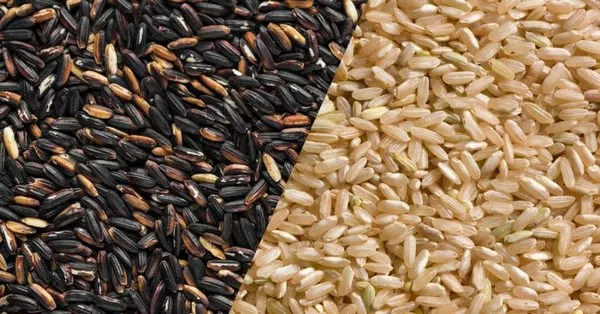A critical funding shortage threatens the provision of essential food aid in the eastern region of the Democratic Republic of Congo (DRC), where malnutrition affects approximately 4.4 million individuals. This dire situation is exacerbated by compromised health services, a lack of clean water, and an increase in gender-based violence, as highlighted by Peter Musoko, the Country Director of the World Food Programme (WFP), during a press briefing held in Geneva.
In discussing his interactions with those displaced in the eastern DRC, Musoko emphasized the resilience demonstrated by these individuals in the face of adversity. He expressed deep concern over the challenges they confront daily, such as the struggle to secure sufficient food and the heightened risks women encounter while seeking sustenance.
Musoko underlined the necessity for reinforcing the impactful assistance provided to ensure the well-being of the affected population. Flexible funding has enabled the WFP to procure vital complementary supplies, including pulses, oil, and salt, thus facilitating a comprehensive nutritional approach.
However, the life-saving initiatives of the UN agency are now in jeopardy due to a substantial funding shortfall. Musoko stressed that the operational efforts of the WFP are at a critical juncture, with their continuation hanging in the balance.
Although the WFP managed to extend food aid to approximately 1.2 million people in July, available funding has nearly dried up. Without a significant influx of additional funds, Musoko expressed doubt that they would even approach half of their intended target.
To sustain their response endeavors in eastern DRC, the WFP requires a total of $728 million. However, an alarming funding gap of $567 million, equivalent to 78 percent of the necessary funds for the upcoming six months, poses a severe obstacle to relief operations.
Emphasizing the urgency of the situation, the WFP official stressed that lives are in peril and the consequences of inaction are immeasurable for the affected population. He called upon governments, donors, and humanitarian partners to unite in support during this critical time.
Globally, the DRC bears the unfortunate distinction of having the largest number of food-insecure individuals. Approximately one in four Congolese, totaling around 25.8 million people, struggle to meet their fundamental nutritional needs.
The crisis is further compounded by outbreaks of preventable yet severe diseases, including measles, yellow fever, cholera, and malaria. These diseases take a considerable toll annually due to inadequate infrastructure, limited healthcare access, and insufficient vaccination coverage.

